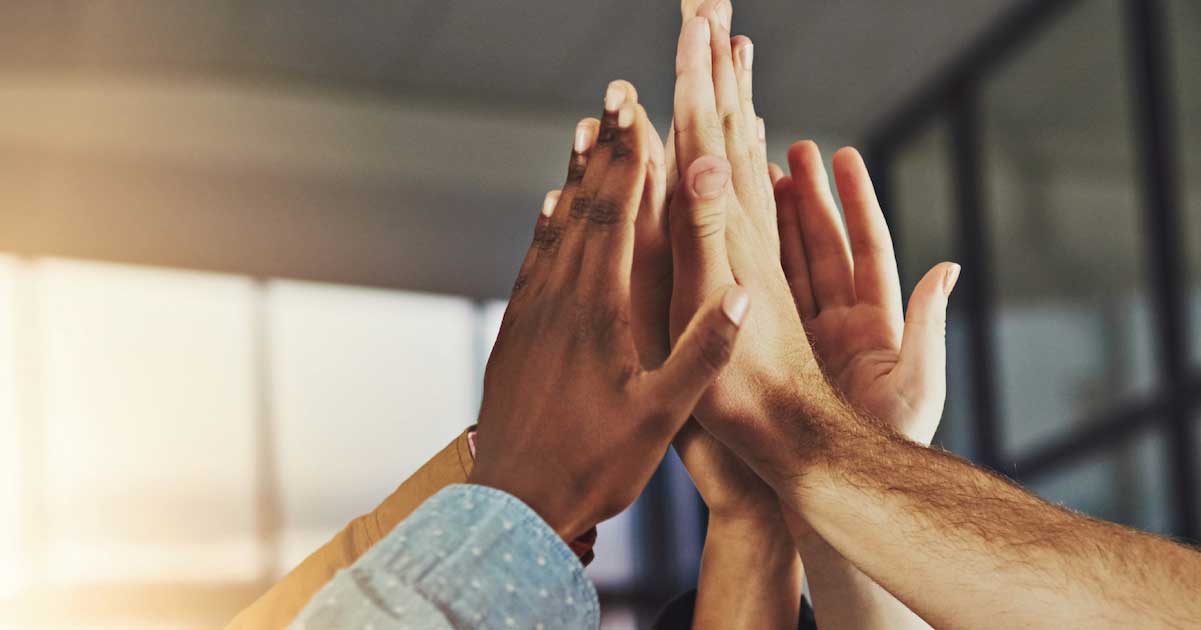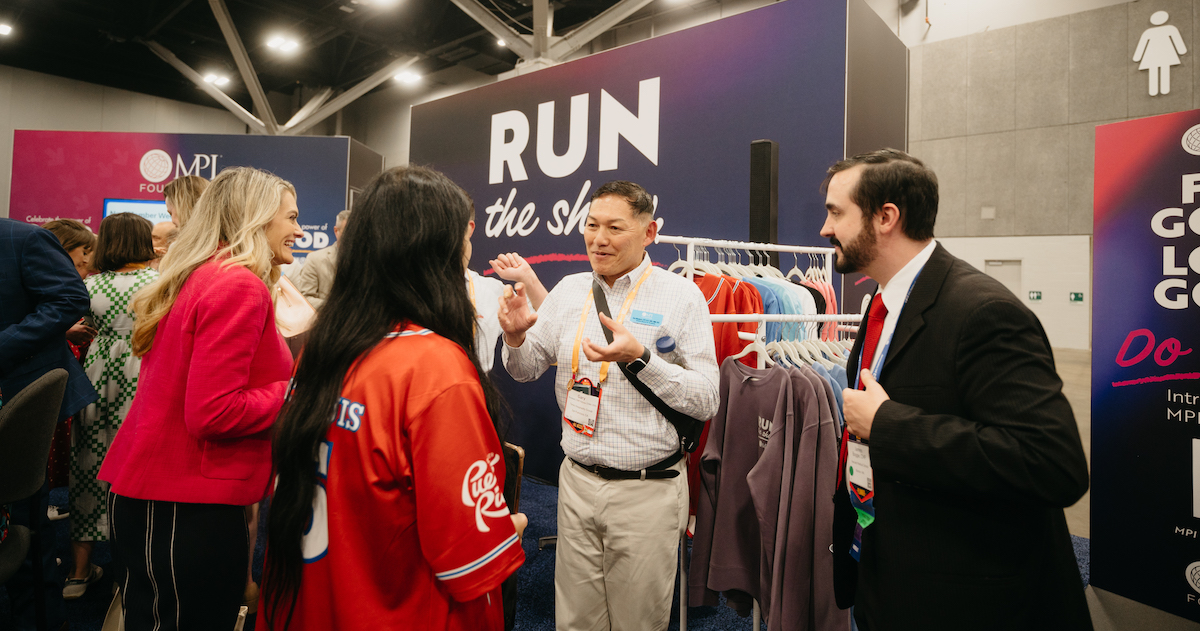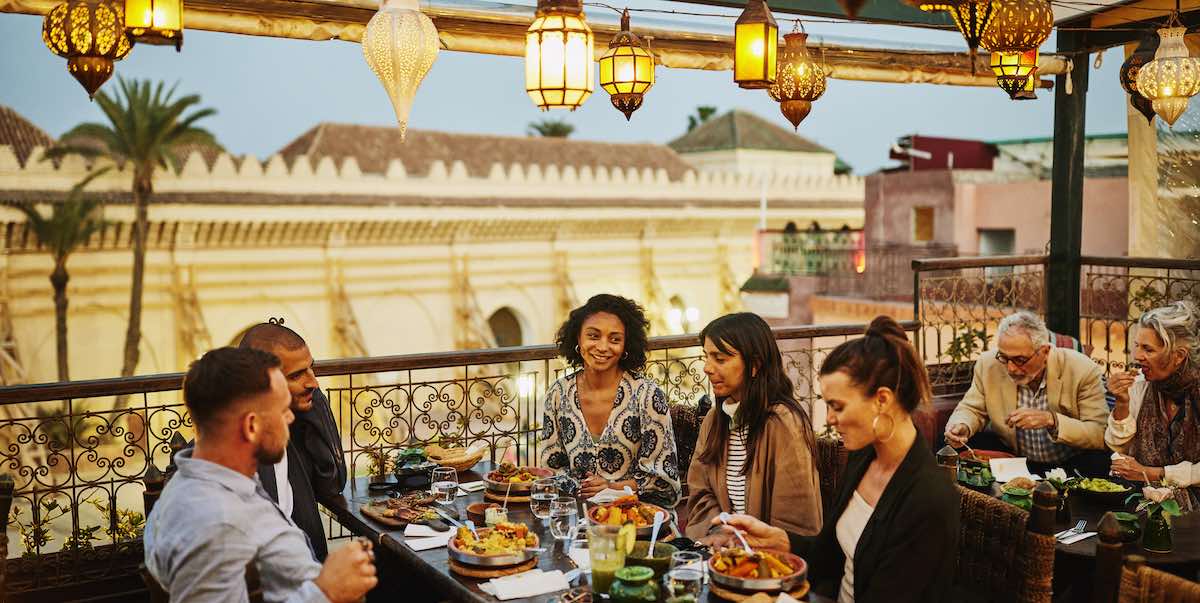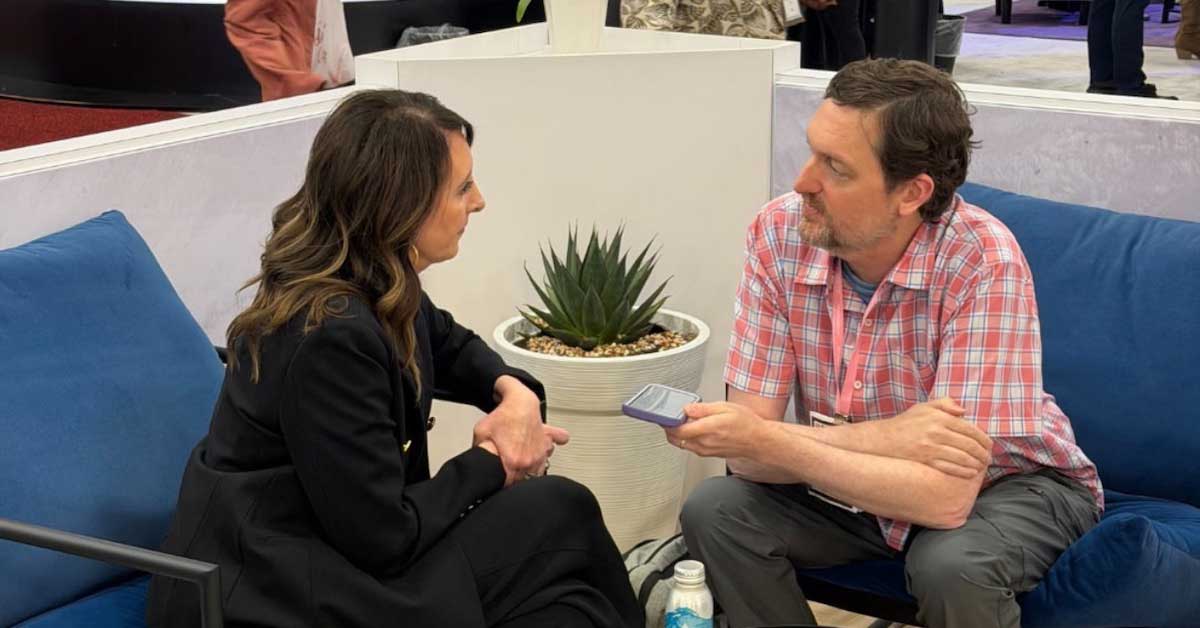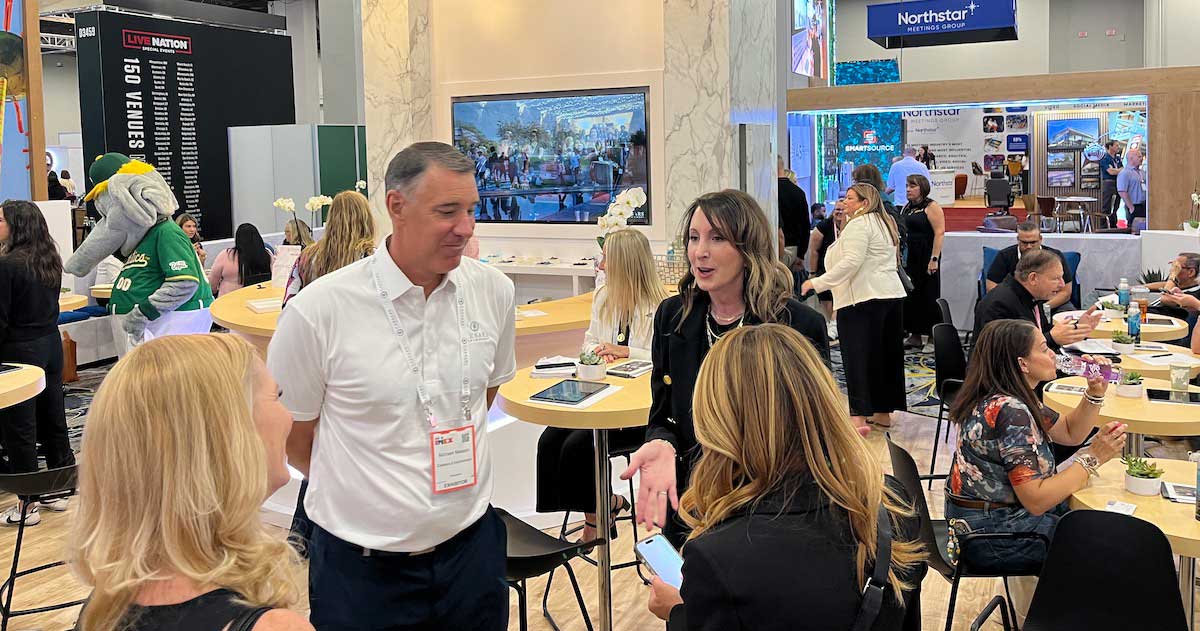Diversity. Equity. Inclusion.
Three seemingly simple words that together define a concept that has become ingrained in the lexicon of 2020, elevated as one the most intensely debated topics of the year.
The rationale behind diversity, equity and inclusion (DEI) is not new by any means. It has been at the forefront for far too many years, whether in the workplace, in education or in society overall.
What has frustrated advocates is that it took the death of George Floyd, killed during an arrest in Minneapolis in May, to reignite the dialogue and the push for sustainable change. From the national U.S. political stage to the C-suite to the water cooler and throughout communities, DEI was as much unifying as it was divisive.
But there was one group within the meeting and event industry that was unyielding in its mission to raise awareness to the value of DEI, to educate other professionals and to hold industry leaders, including MPI, accountable for results.
MPI’s Diversity & Inclusion Committee, made up of about two dozen members supported by the International Board of Directors (IBOD) and global staff, made much progress against its goal this year. Led by co-chairs Tanida Mullen (MPI Texas Hill Country Chapter) and Zoe Moore (MPI Northern California Chapter) and IBOD liaison John Ehlenfeldt (MPI Southern California Chapter), the committee spearheaded a sophisticated approach resulting in several key achievements, including the following.
· Incorporating DEI into the annual Chapter Business Summit
· Advocating for the return of demographic questions in the Member Chapter Satisfaction Survey
· Incorporating questions regarding DEI experiences for IBOD and Global Board of Trustees applicants
· Creating dialogue with MPI chapter presidents on how to set up DEI task forces
· Developing webinars for MPI members
· Launching a robust resource page
The Work is Not Done
“The defining lesson for me has been that when it comes to matters of diversity, equity and inclusion, we must be loud and clear,” Mullen says. “What that means is that DEI can’t be treated as a ‘hot topic.’ It must be something that we keep top of mind in every move we make as industry professionals. I have had the pleasure of working with a committee that feels the same way.”
Ehlenfeldt says his engagement on the committee taught him an important statement that he tries to live by.
“Don’t be comfortable,” he says. “You have to be focused on what actually works, not what you feel like should work—results over repetition. You can’t keep doing what you’re comfortable with if it doesn’t show results, and you can’t do nothing because you’re uncomfortable with everything that does show results.”
Moore is proud that MPI volunteer leaders are joining the committee for guidance to take back to their own chapters and organizations.
“As a Black woman, it’s important to me that I show up in the places where I am needed and in the places that will spark change.”
“There simply is not enough DEI training in the market that speaks to how the meeting and event industry operates,” she says. “Professionals are ready and MPI is slightly emerging as thought leaders on this subject. Now, if the senior leadership take hold of this opportunity, they really can change the world when we meet.”
While much was accomplished in 2020, much work still needs to be done—a commitment supported by Paul Van Deventer, president and CEO of MPI.
“We must and can do better—as individuals and as organizations,” he wrote earlier this year. “I am committed to listening to those affected; I am committed to proactively supporting and leading change; and I am committed to harnessing the breadth and influence of the MPI community to take action and drive meaningful change.
“By bringing people together and providing inclusive platforms to exchange ideas, the hospitality industry can be a big part of the solution! And by being open minded, listening and proactively taking action, MPI can be part of the solution.”
Up to the Challenge
The challenge for the committee in 2021 will be how to continue to advance the dialogue and attain meaningful change. Moore believes that in order to move the discussion forward, MPI would have to strategically and financially commit to DEI.
“The implementation of DEI as core to the success of the organization needs to be a new paid position added to the organization staff roster,” she says. “This position would lead the charge for conducting a thorough culture assessment; design curriculum for building supplier diversity programs; and develop a diverse leadership pipeline, partner ecosystem and industry certification with the subspecialty for DEI.”
The committee’s leadership is in agreement on the educational aspect, particularly for chapters.
Mullen says she has had numerous conversations with members who want to lead DEI efforts, but don’t know exactly where to start. She believes MPI can provide robust resources that industry professionals can quickly utilize.
“People are looking to follow the lead of MPI, so a look under the hood showing members how MPI is handling DEI will go a long way,” she says.
MPI Resources for Equality and Justice: Furthering the Advancement of All Peoples
Equally as important is to help create an atmosphere of comfort about the discussion around DEI. It goes beyond companies and organizations making a one-time statement, Ehlenfeldt notes, suggesting that members integrate DEI into social strategies for the long term.
“To do that successfully, we need to focus on both internal and external steps to ensure the efforts are authentic, sustainable and helpful,” he says. “The importance of DEI is now becoming mainstream. We must work diligently to keep it there.”
Ehlenfeldt says there is a “nervousness people have” regarding talking about unconscious bias.
“To begin, we must eliminate the stigma around talking about our bias,” he says. “This starts by understanding that unconscious bias is not deliberate; it doesn’t reflect our goals and intentions. We can increase awareness and normalize talking about bias through direct teaching, modeling and explicitly naming it. This allows each of us to discuss and examine our own biases more freely and productively.”
Not only is DEI important at the individual level, it also needs to find a stronger foothold within the meeting and event industry. While companies and associations hold meetings and events to foster innovation of thought, to educate their staff or customers and increase productivity, all of these factors are present when you have an inclusive environment that allows participants to bring their true, authentic selves to all they do, Ehlenfeldt says.
“It is not only encouraged, but cultivated and nurtured,” he says. “A diverse and inclusive association brings high value not only to the organization, but also to its members, and even society as a whole. When individuals from all ethnicities and genders are respected and given equal opportunities within an association, the organization flourishes in more ways than one. This will be important for MPI to encourage, teach and embrace in recruiting and retaining members.”
Yet, the personal impact is not lost on Mullen.
“When I think about the stories I will tell in 20 years, I want those stories to include how I played a role in the advancement of diversity, equity and inclusion,” she says. “As a Black woman, it’s important to me that I show up in the places where I am needed and in the places that will spark change. This committee is one of those places.”
Apply for an international volunteer committee by Nov. 8.
D&I Committee Recognized with Chair Award
For their commitment and accomplishments, the MPI Diversity & Inclusion Committee was selected as the 2020 recipient of the Chair Award, presented during the World Education Congress in Grapevine by Steve O’Malley, chair of the MPI International Board of Directors (IBOD) and division president for Maritz Travel.
“One of our greatest assets for MPI is the diversity that we have in our members and the constituencies we serve,” O’Malley said. “I believe our association and our industry can be a beacon for how diversity, equity and inclusion allow us to accomplish great things by designing welcoming and inclusive events.
“The work that the D&I Committee has accomplished has been incredible and needed in the midst of a year when the spotlight has been shone so tragically on the deaths of George Floyd, Breonna Taylor and so many others. Their committee’s work produced a huge array of tools and resources that will help our members and the industry produce events that will help to create a more just, equitable and verdant world.”
The MPI IBOD chair presents the MPI Chair Award to an individual or group who has made an outstanding contribution to MPI, the meeting planning profession, the meeting industry or other activities that have benefitted the industry or MPI.
Learn more from members of MPI’s Diversity & Inclusion Committee and look for related articles in our MPI Pulse newsletter.
